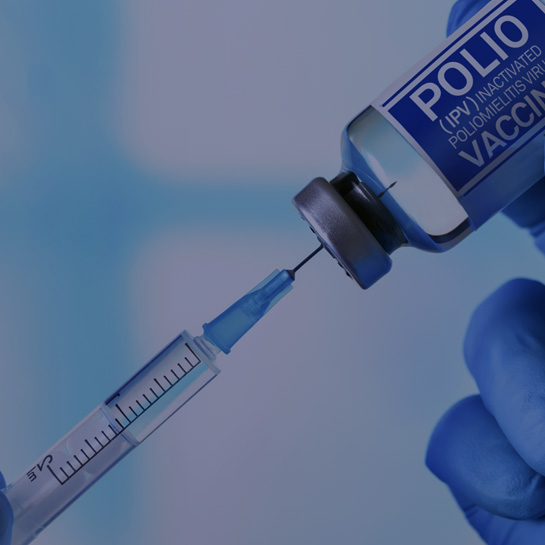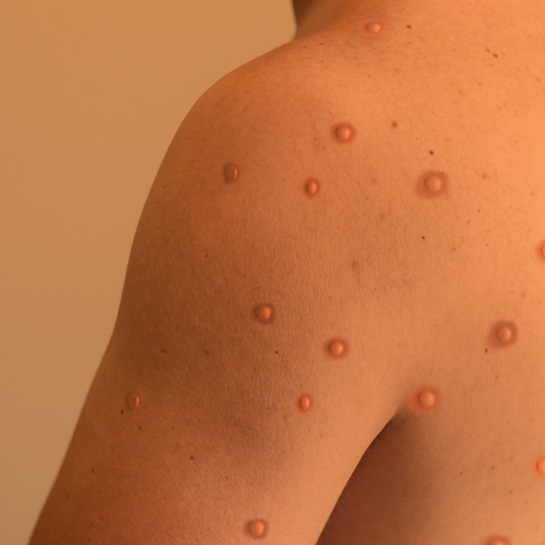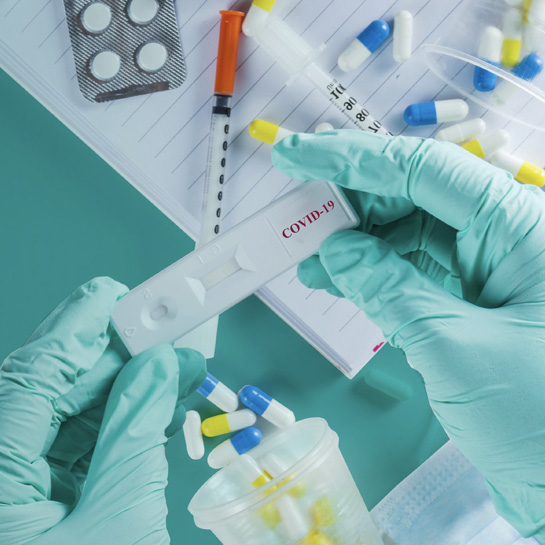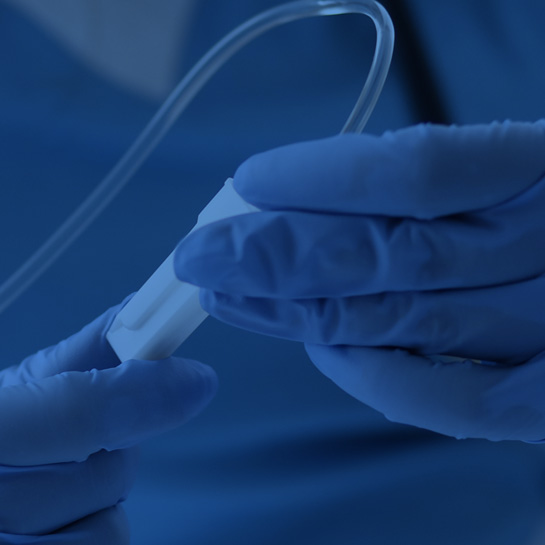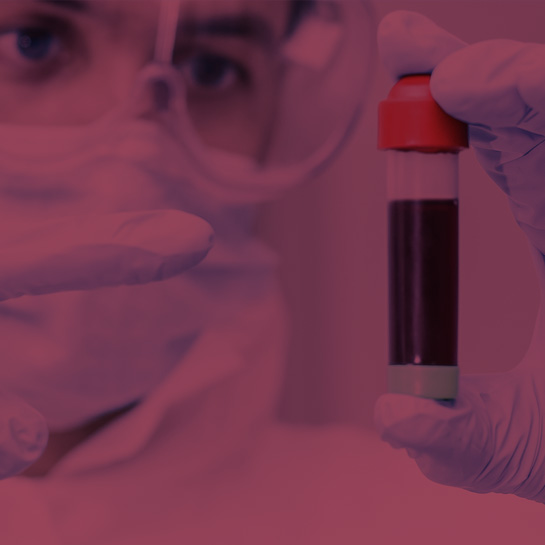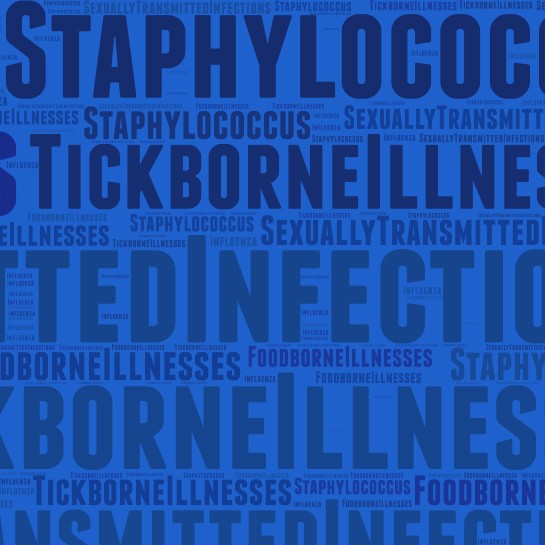Symptoms and Treatment
for Lymphadenitis
What is lymphadenitis?
Our lymph nodes are small, oval-shaped organs that are found in many parts of the body. They’re crucial to our immune systems and contain immune cells that attack and kill foreign substances like viruses or bacteria. When you catch an illness, your lymph nodes send out disease-fighting cells, which may cause them to become inflamed or painful. Lymphadenitis is a swelling or enlargement of your lymph nodes, which may occur for a variety of reasons — some due to local infections, others due to systemic conditions or diseases.
What are the symptoms of lymphadenitis?
Swelling or inflammation of the lymph nodes can cause a variety of symptoms — most of which are dependent on the cause and location of an infection. Common signs and symptoms include nodes in the neck, armpits, and groin that are swollen, red, tender, hard, or painful to the touch, accompanied by a fever.
How does ID Care diagnose lymphadenitis?
ID Care specialists diagnose lymphadenitis by first determining any underlying causes, such as an infection, that may be the culprit for your swollen lymph nodes. This is usually accompanied by a physical examination where we feel around the location of various lymph nodes to check for severe swelling or any sensitivity. We also consider details such as the size, location, length of time you’ve been experiencing swelling, and the level of pain you’re experiencing to come to an accurate diagnosis. Because a wide range of conditions can cause lymphadenitis, we may recommend further testing or a biopsy to remove a sample of lymph tissue to determine whether a particular disease or infection is present.
How does ID Care treat lymphadenitis?
Treatment for lymphadenitis varies from self-treatment to other therapies or surgical intervention. The first focus of your treatment is to reduce your swelling and relieve any pain you might be experiencing. This can be accomplished by taking an over-the-counter, fever-reducing painkiller such as ibuprofen (Advil® or Motrin®), alongside a warm compress. However, if an infection causes your lymphadenitis, we may prescribe antibiotics to help your body fight it. And if our team determines that a surgical procedure may be needed to treat your lymphadenitis, we will refer you to one of our affiliated hospitals.
SOURCES: MedlinePlus; Healthline

